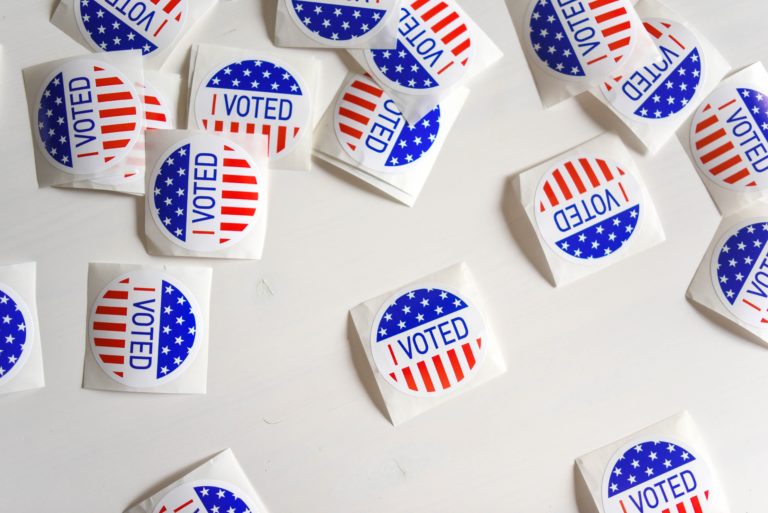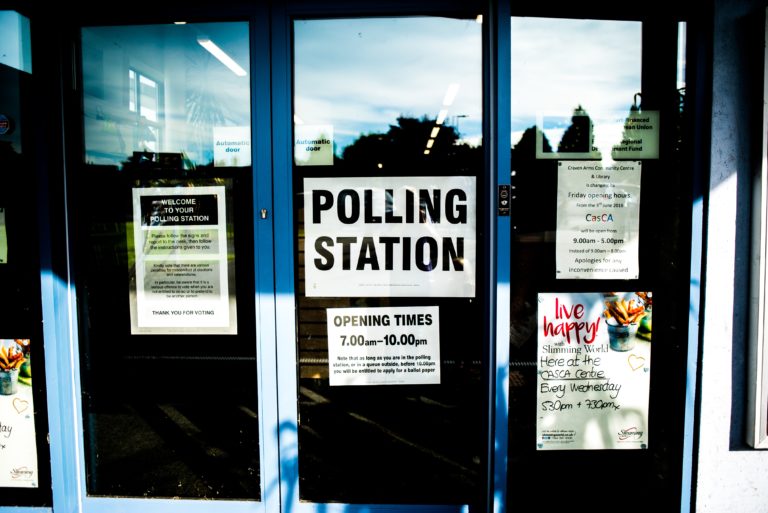On July 19, 1848, over 300 (mostly) women gathered for the Seneca Falls Convention,…
Credit where credit is due?

There were many heated exchanges on last week’s debate stage. But one, in particular, stood out to us, and to many women watching across the country, between Elizabeth Warren and Joe Biden.
If you were watching, you know the one we’re talking about. If you missed it, you can watch the exchange here:
Here’s that Biden vs. Warren exchange on the CFPB >> pic.twitter.com/NE2fPCwvZO
— MJ Lee (@mj_lee) October 16, 2019
A number of women said this interaction was all too familiar: a male peer claiming credit for a woman’s accomplishments. While this was just one minute in a three-hour-long sparing match across candidates, these 60 seconds captured several key gender dynamics that are worth exploring further.
Barbara Lee Family Foundation research finds that, when touting accomplishments, voters prefer when women candidates use a mixture of solo and shared credit. This means sharing credit with her team, as well as talking credit as an individual leader. And this balancing act plays directly into the likeability double standard. Taking too much credit can be seen as cocky, and over-sharing credit does not position her as a leader.
Yet, at the same time, women must drive home their qualifications and accomplishments when on the campaign trail. BLFF research shows that when men run for office, their qualifications are assumed. Women, however, must prove to voters that they are qualified to hold office. Across the debates we’ve seen the women candidates repeatedly reference their past work experience, showcasing their accomplishments to voters.
And all of this feeds into one simple BLFF research fact: Voters will vote for a man they don’t like if they think he’s qualified. But they will not do the same for a woman, even if they believe she’s qualified. So, the women on the debate stage need to do more to prove that they are qualified to hold office, but to accomplish this they need to stay balanced on the likeability tightrope.
It’s a complicated dynamic. And we can clearly see it playing out in this 60-second exchange as Warren works to showcase her qualifications, take and share credit, and remain levelheaded so as to not appear “unlikeable” to voters.
These weren’t the only fireworks we saw on stage last week; after all, debates are all about contrasting with opponents. And with a record-breaking number of women in the race, we are looking for more gender dynamics at play in the coming matchups.






